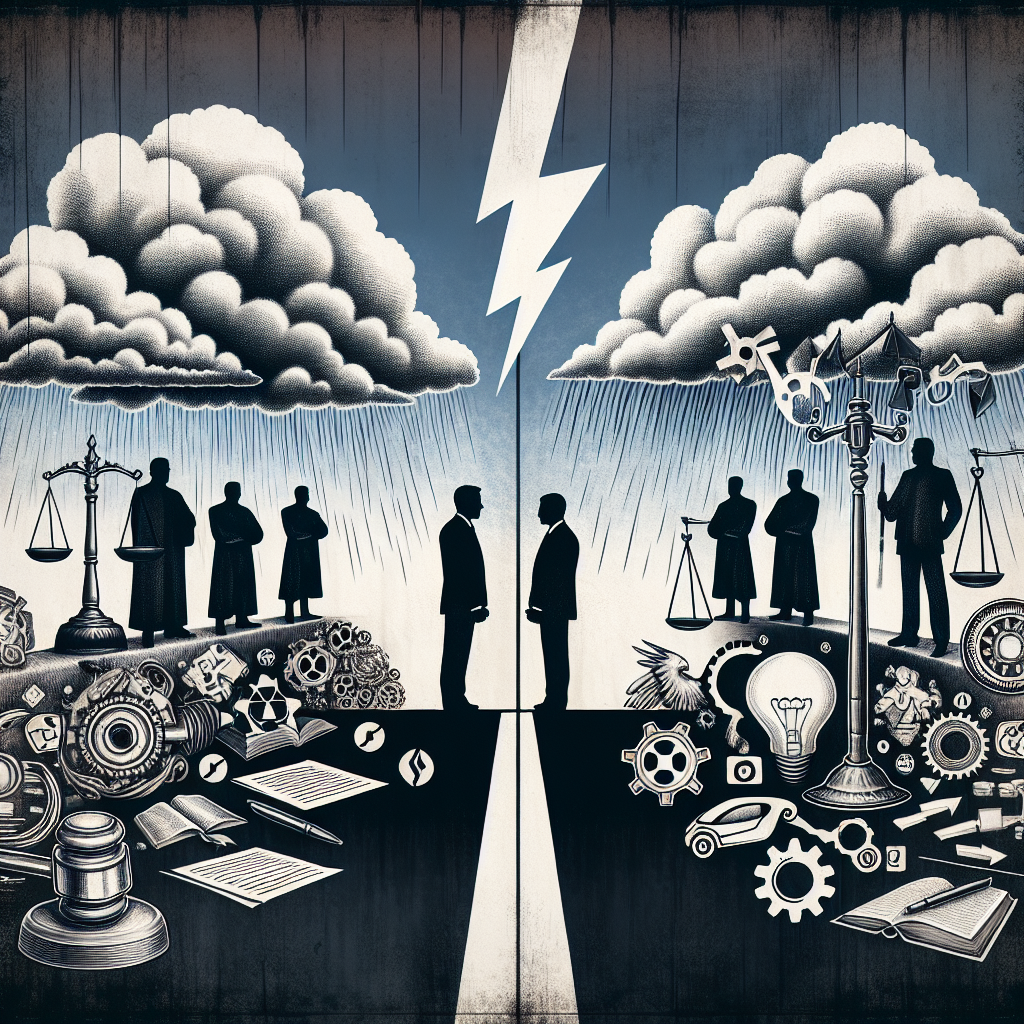Dear EU Leaders,
Donald Trump’s back, and he’s swinging harder than ever. His threat of 50% import tariffs on European goods by June 1, 2025, is a blatant attempt to bully the EU into submission. His playbook—trade wars, NATO ultimatums, and tech dominance—hasn’t changed, but the EU’s response must. The United States, under Trump’s erratic leadership, is no longer the indispensable ally it once claimed to be. It’s a liability, a protectionist bully that underestimates Europe’s resolve. The upcoming NATO summit in the Netherlands is your chance to show Trump and his team that the EU can stand tall, independent, and unafraid. Here’s a bold, pragmatic strategy to slash Europe’s reliance on the U.S., neutralize Trump’s blackmail, and secure the EU’s economic, military, and geopolitical future. This isn’t about burning bridges—it’s about building a Europe that doesn’t bend to MAGA tantrums.
Read more …
 In a future where humans have colonized much of the galaxy, a remote outpost on a distant planet intercepts an unusual signal. The source is not human. The race to decipher the message begins, marking humanity's first contact with an alien civilization.
In a future where humans have colonized much of the galaxy, a remote outpost on a distant planet intercepts an unusual signal. The source is not human. The race to decipher the message begins, marking humanity's first contact with an alien civilization.









 Washington, D.C., June 5, 2025 — A once-strong alliance between U.S. President Donald Trump and billionaire entrepreneur Elon Musk has deteriorated into a bitter public feud, marked by heated social media exchanges, personal insults, and threats to business interests. The rift, which erupted over disagreements regarding Trump’s economic bill and its cuts to clean energy incentives, has escalated rapidly, drawing widespread attention and sparking debate about its political and economic implications.
Washington, D.C., June 5, 2025 — A once-strong alliance between U.S. President Donald Trump and billionaire entrepreneur Elon Musk has deteriorated into a bitter public feud, marked by heated social media exchanges, personal insults, and threats to business interests. The rift, which erupted over disagreements regarding Trump’s economic bill and its cuts to clean energy incentives, has escalated rapidly, drawing widespread attention and sparking debate about its political and economic implications.


 Impossibly complex, mysterious and prescient of a future written in the elusive sub-atomic language of quantum mechanics, quantum computing stands at the forefront of next-generation technology. It addresses computing issues which, until recently, were considered far beyond our grasp. This paradigm shift may someday restructure how we interact with information, or even reshape our very perception of reality.
Impossibly complex, mysterious and prescient of a future written in the elusive sub-atomic language of quantum mechanics, quantum computing stands at the forefront of next-generation technology. It addresses computing issues which, until recently, were considered far beyond our grasp. This paradigm shift may someday restructure how we interact with information, or even reshape our very perception of reality.
 The irrepressible human pursuit for existential meaning has not only fostered philosophical thought but has also shaped societal structures and religious doctrines. The grand question of 'why we exist' has eluded a one-size-fits-all answer, inducing unique interpretations reflecting our collective diversity. Here, we delve into this multi-faceted pursuit for understanding human existence and mortality.
The irrepressible human pursuit for existential meaning has not only fostered philosophical thought but has also shaped societal structures and religious doctrines. The grand question of 'why we exist' has eluded a one-size-fits-all answer, inducing unique interpretations reflecting our collective diversity. Here, we delve into this multi-faceted pursuit for understanding human existence and mortality.









